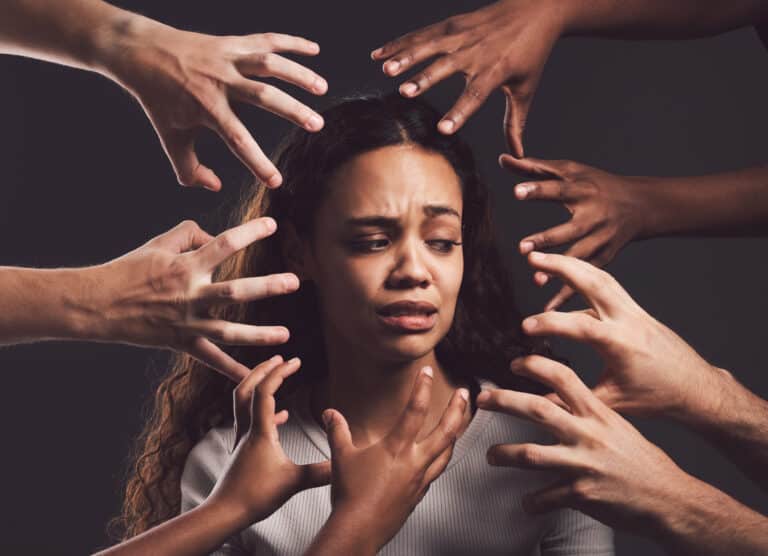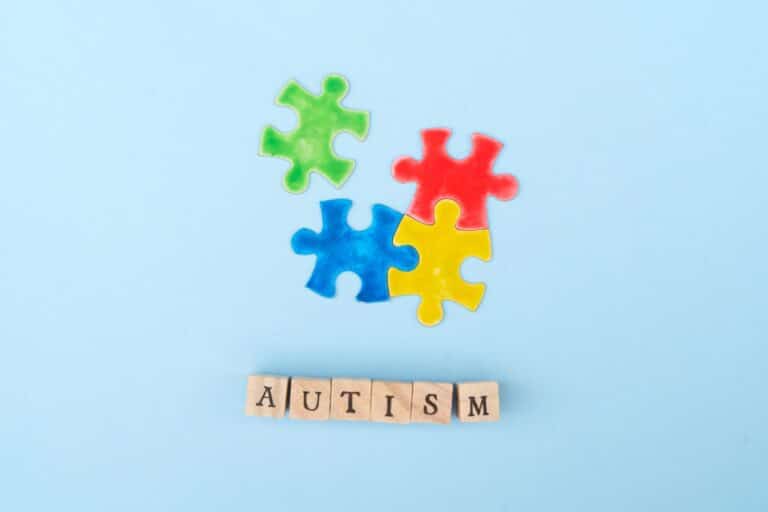Bipolar disorder is a mood disorder that affects 2.6% of American adults. Each year, bipolar disorder affects almost 3 million American women.
And though bipolar disorder affects both men and women at equal rates, the disorder impacts women differently than men.
Compared to men, women are more likely to be misdiagnosed, and symptoms and treatment can differ.
Read on to learn more about symptoms of bipolar disorder in women and how it differs from bipolar disorder in men.
Signs and Symptoms of Bipolar Disorder
Extreme mood swings characterize bipolar disorder. People with bipolar disorder have distinct periods of mania and depression.
In periods of mania, some common symptoms might include:
- Feelings of euphoria
- Increased activity
- Racing thoughts
- Easily distracted
- Lack of sleep
- Talkativeness
- Poor decision making
There are two distinct types of manic episodes: mania and hypomania. Hypomania is less severe than mania, though both have similar symptoms. In a severe manic episode, someone might experience a break from reality.
In a major depressive episode, symptoms might include:
- Feeling hopeless, sad, or irritable
- Insomnia or oversleeping
- Trouble concentrating or making decisions
- Weight gain or weight loss
- Restlessness
- Suicidal ideation
The length and severity of manic and depressive episodes will vary for each individual. Symptoms also vary depending on which type of bipolar disorder you are experiencing. The types of bipolar disorder are bipolar I disorder, bipolar II disorder, and cyclothymic disorder.
In bipolar I disorder, patients experience at least one manic episode. They may have also experienced hypomanic or depressive episodes.
In bipolar II disorder, patients have not had a manic episode. But, they have experienced at least one major depressive episode and one hypomanic episode.
If you recognize signs of bipolar disorder in you or a loved one, a medical professional will be best equipped to help to confirm the diagnosis.
How Is Bipolar Disorder in Women Different Compared to Men?
Both men and women have bipolar disorder at equal rates. Bipolar disorder symptoms in women are also similar to symptoms in men.
However, there are some distinct differences in how women experience bipolar disorder.
Greater Likelihood of Depressive Symptoms
Compared to men experiencing bipolar disorder, women are twice as likely to experience depressive symptoms. This often leads to misdiagnosis as depression.
Women are also more likely to be experiencing other health issues like anxiety disorders, eating disorders, depression, and obesity, in addition to bipolar disorder. This can make treatment more complicated for women than for men.
Influence of Hormones
One of the main reasons that bipolar disorder in women is different than in men is because of the influence of female reproductive hormones.
Research has shown that women with mood disorders like bipolar disorder experience more severe symptoms of premenstrual syndrome (PMS). Some women may have a later diagnosis because of the hormonal influences in the transition to menopause.
Additionally, women who are pregnant or have recently given birth are more likely to experience severe episodes. In fact, they are seven times more likely to be hospitalized for their symptoms.
Misdiagnosis or Later Onset
Bipolar disorder is notoriously difficult to diagnose in men and women, with half of the bipolar cases unidentified.
However, one study found that women with bipolar disorder are three times more likely than men to be misdiagnosed. One possible reason why women are misdiagnosed and diagnosed later in life is that their symptoms are mistaken for PMS.
The average age for onset of bipolar disorder is 21 years old. But, women are more likely to be diagnosed later in life. For women who are diagnosed in their 40s, it may be attributable to menopause. The hormonal changes during menopause have been associated with bipolar symptoms.
Rapid Cycling
Rapid cycling bipolar disorder is when patients experience longer depressive episodes and short, infrequent periods of mania. Those with rapid cycling bipolar disorder spend 35 times more time in depressive states than manic states.
Women with bipolar disorder are more likely than men to experience rapid cycling. In one study, 29.6% of bipolar women experienced rapid cycling, while only 16.5% of men experienced rapid cycling.
How to Treat Bipolar Disorder In Women
For women experiencing bipolar disorder, it’s important to seek treatment.
In men and women alike, medication treatment is an important part of managing symptoms. Common medications used to treat bipolar disorder include lithium, aripiprazole, carbamazepine, and valproic acid.
Successful management of bipolar disorder combines medication with other forms of treatment. These ways to manage bipolar disorder might include:
- Psychotherapy sessions
- Physical activity
- Healthy lifestyle changes
- Routine
- Self-management strategies
When treating women with bipolar disorder, certain additional considerations must be taken into account. For example, some medications like valproic acid can increase the risk of polycystic ovary syndrome (PCOS).
Pregnant women may also have to adjust their treatment to minimize risk to their babies. Generally, haloperidol and lithium are the preferred medications for treating pregnant women.
Pregnant women may also want to seek other treatments, like psychotherapy, to provide additional support during the period of time when they are at greater risk of experiencing severe manic or depressive episodes.
With a combination of different strategies, bipolar disorder treatment can help minimize the severity of episodes and help you live a normal life.
Get the Help You Need Today
With the right treatment plan, bipolar disorder in women doesn’t have to hold you back from living life to the fullest. If you or a loved one has bipolar disorder, it’s time to get help.
At Southern California Sunrise Recovery Center, our dedicated team of experts will build a treatment plan uniquely catered to you to help you manage your symptoms. Contact us today to find out how we can help you get the help you need.






